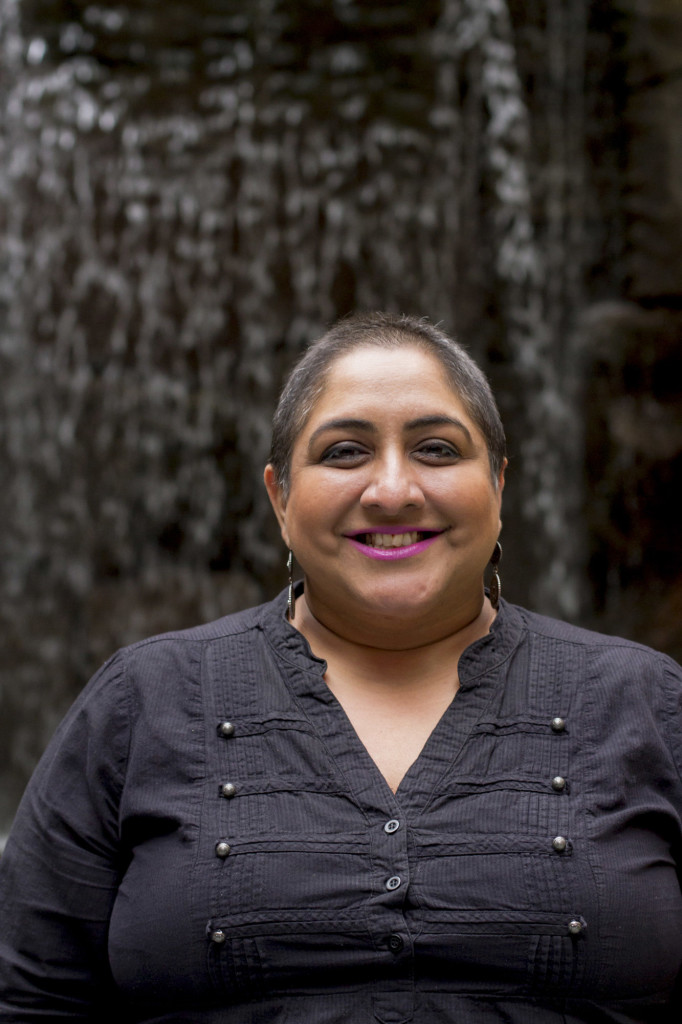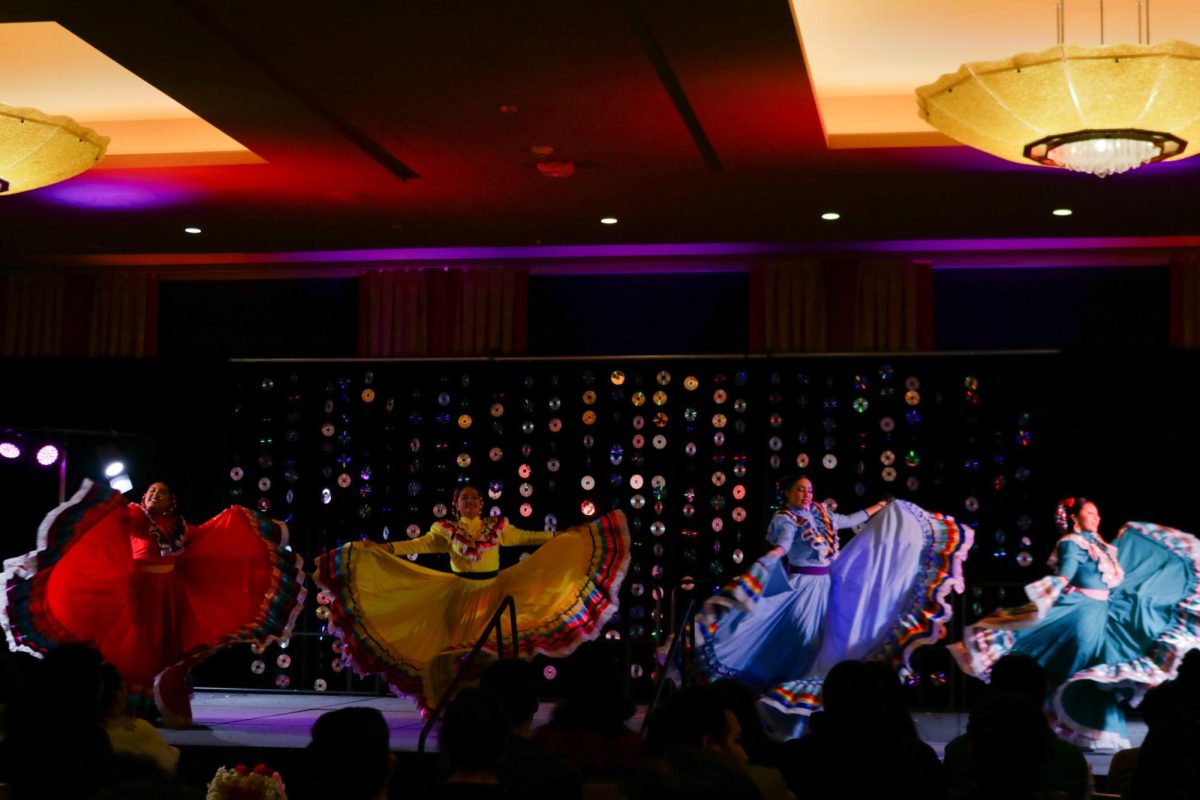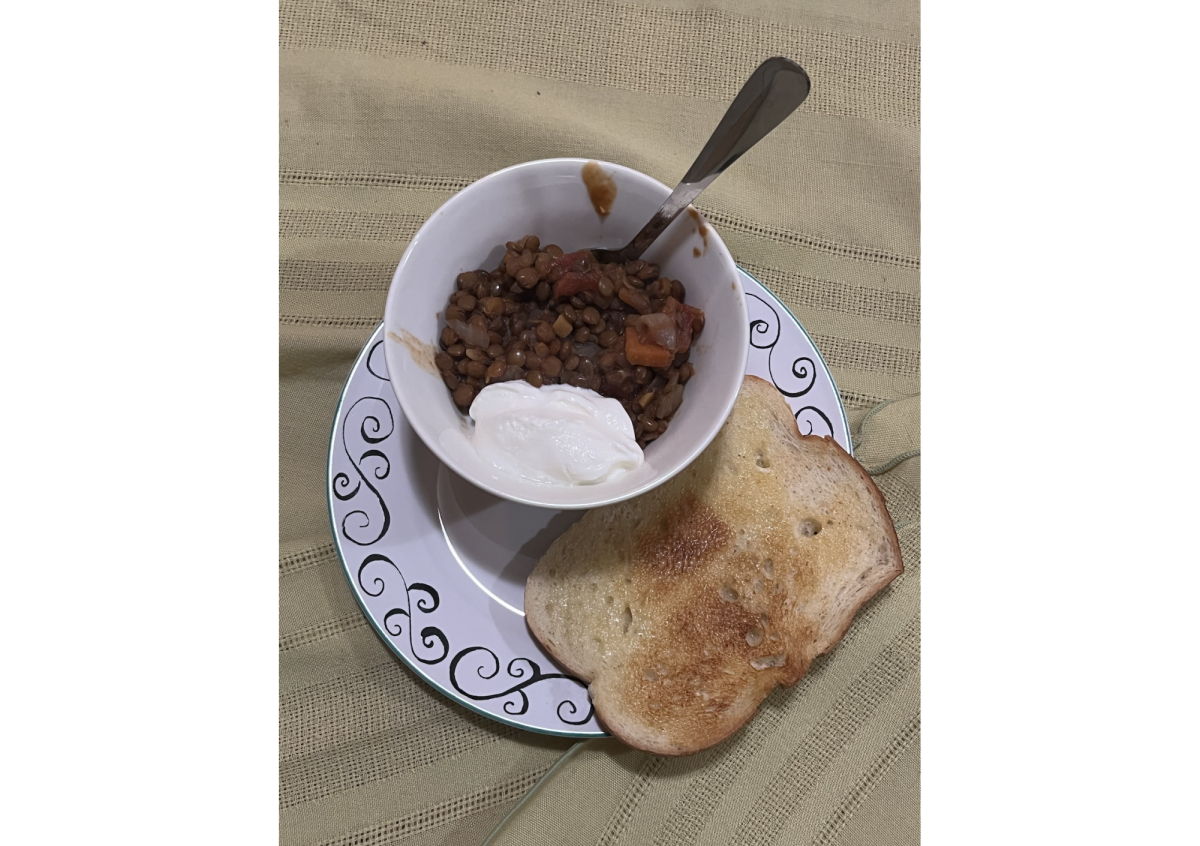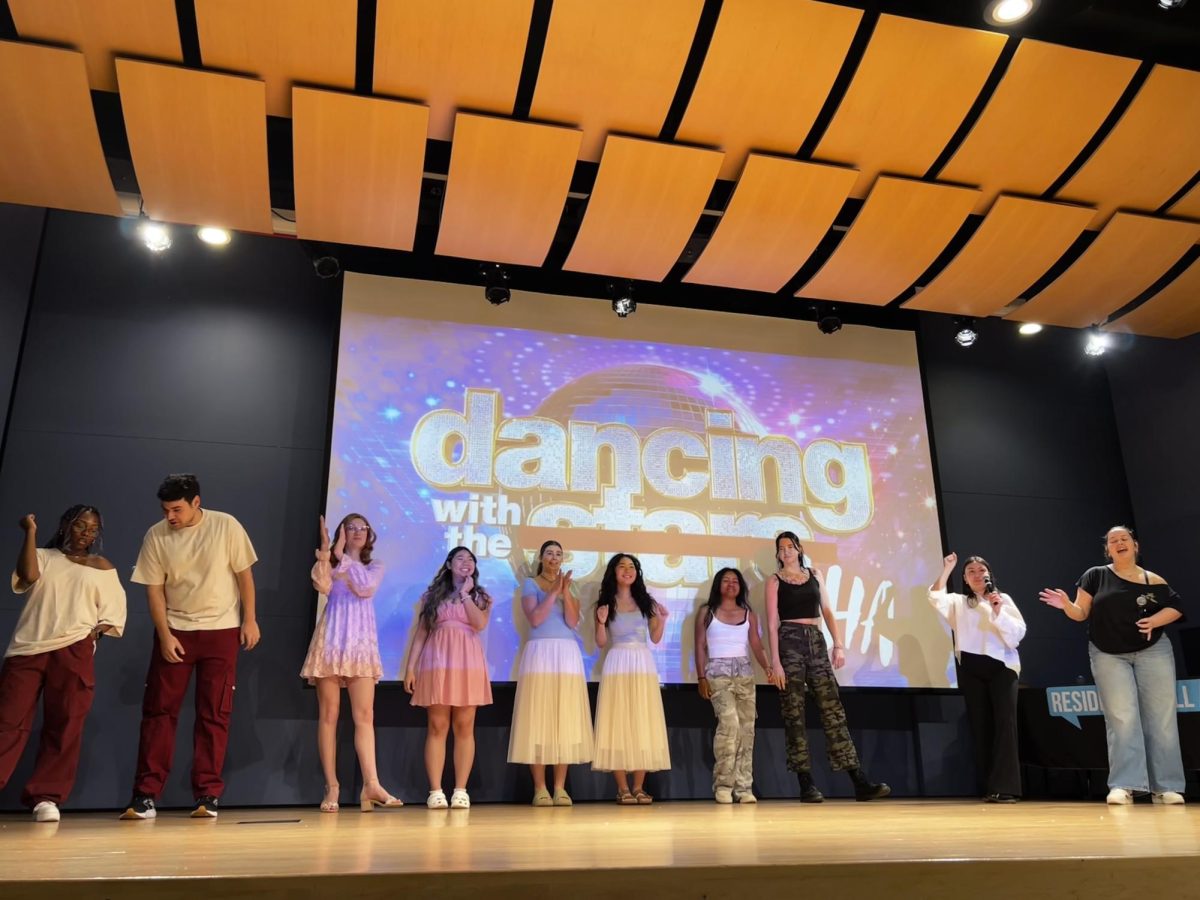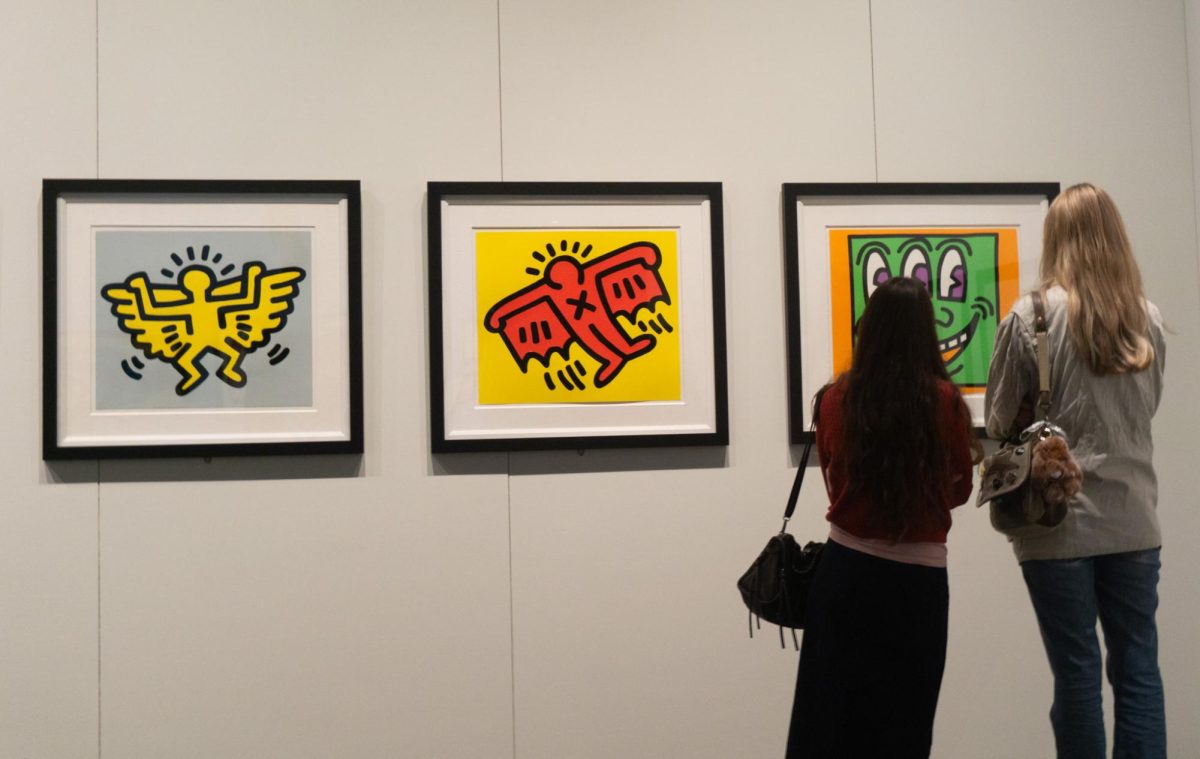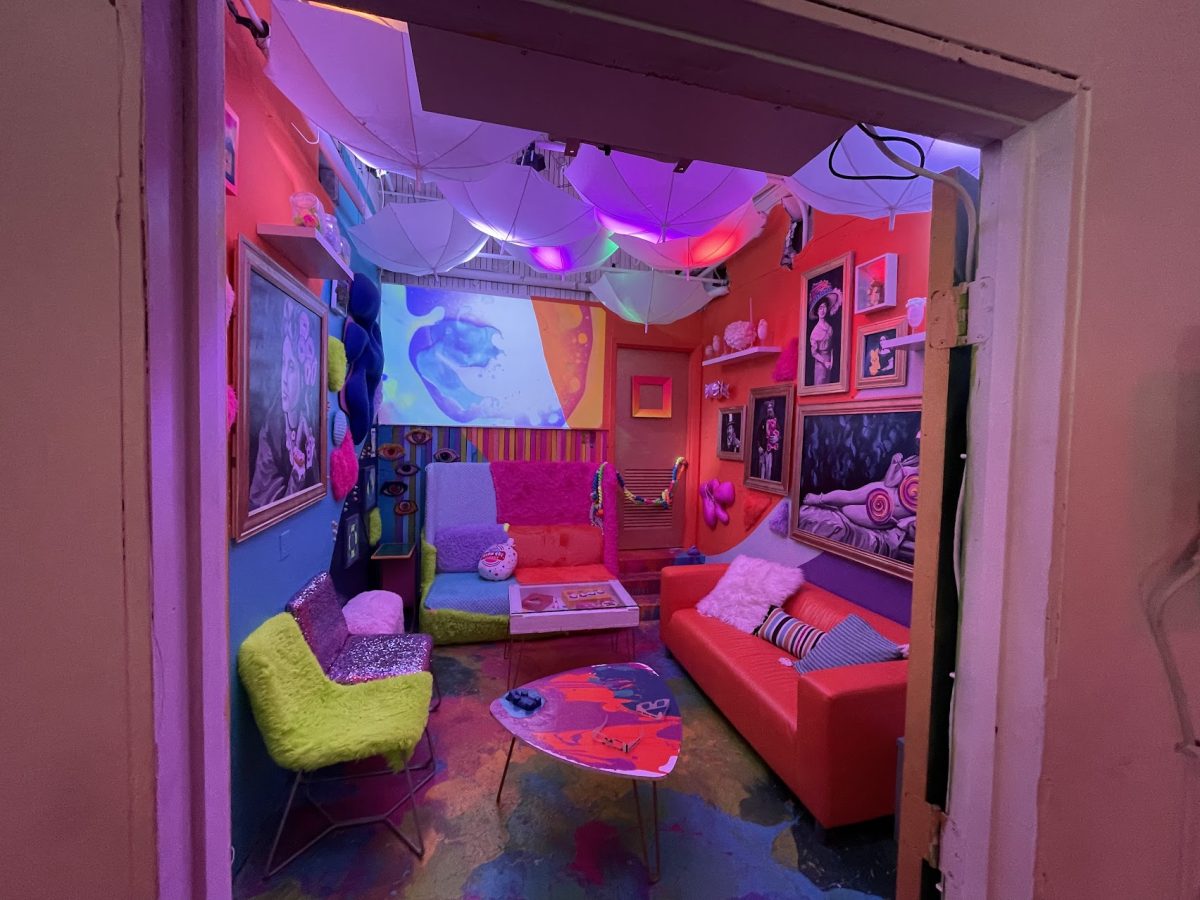Film is a tool of peace; that was the idea behind the founding of the Seattle South Asian Film Festival 10 years ago and to those involved, it is proving true.
The 10th anniversary of Seattle South Asian Film Festival (SSAFF) brings with it a plethora of films from nine different countries, making it the largest festival of its kind throughout the entire U.S.. The theme of this year’s festival is “Coming Home.”
“A lot of our films [this year] are tied around that theme,” said festival director of SSAFF, Kiran Dhillon.
Dhillon explained that this year, SSAFF wanted to focus on some of the smaller countries and populations that don’t often get much attention in the mainstream media. The “coming home” theme plays into recognizing these places and people, as well as acknowledging what it’s like to transition from one part of the world to another. The country of focus for SSAFF this year is Sri Lanka, which is not generally known for its film production.
SSAFF is put on by Tasveer, a Seattle-based South Asian film and art organization. Tasveer was founded by best friends Rita Meher and Farah Nousheen in 2002.
Dr. Alka Kurien is the co-director of SSAFF as well as the president on the chair of the board with Tasveer.
“Tasveer was launched soon after 9/11 as a South Asian community based organization in order to do away with some of the negative stereotypes that were being portrayed [by media],” Kurien said.
In addition to misrepresentation in media, the South Asian community was facing a number of problems during this time, but lacked a platform from which to voice its concerns.
“We felt that there wasn’t enough representation of South Asians, correctly, in the media,” said co-founder and executive director of Tasveer, Meher.
Thus, Meher and Nousheen decided to launch Tasveer.
“We thought it was very important to create the platform where we could have a safe space, a non-judgemental space, available to us,” Meher said.
Tasveer came into being with a mission to undermine stereotypes, but also with a desire to portray South Asia and members of the South Asian community as peace-loving and liberal minded.
Tasveer uses art as a means to achieve those goals.
“It was decided to use cinema [and create SSAFF] as a vehicle to promote South Asian representations as a complex, multi layered, fully rounded community of people,” Kurien said.
Kurien further explained that the use of film is powerful in its ability to display the reality of life for people in South Asia.
“[South Asia] is a rich collection of really diverse cultures, and what we [at SSAFF] really try to do is bring that richness and that diversity…These are really thought provoking films, and we want the audience to walk away with a changed world view,” Dhillon said.
Kurien said that the decision to use film was based in the power of visual media for portraying the reality and authenticity of South Asia in a way that other media would not be able to achieve as easily. The wide reach and mass appeal of film also made it an attractive medium for the festival.
“Seattle is increasingly becoming home to one of the largest communities of South Asian diaspora in the nation,” Kurien said.
The importance of the festival lies in its relevance to the Seattle community, but also in its ability to spark conversations about otherwise uncomfortable topics such as politics, religion, sexuality and racism. Many of these topics are not represented in most mainstream media, but SSAFF provides an outlet for these films to be shown and dialogue to take place concerning them. That being said, SSAFF exists to talk about problems but also to celebrate the successes of South Asia and, by extension, South Asians.
Dhillon and Kurien are excited about the festival’s tenth year and the wide variety of content that will be featured this year.
“We have 59 films from over nine different countries covering a whole gamut of different themes; including documentaries, feature films, narratives, and also short films,” Dhillon said.
In addition to film screenings, SSAFF will be hosting 25 of the filmmakers whose work is being featured at the festival. After each of the 25 films, there will be a Q-and-A session where audience members are encouraged to join in dialogue with the filmmakers and other audience members. One of these members is Amy Benson.
Benson is a Seattle based filmmaker and Seattle U alum whose film, “Drawing the Tiger,” will be featured in this year’s SSAFF. “Drawing the Tiger” was co-directed by Benson, her husband Scott Squire, and friend Ramyata Limbu.
Benson and Squire began making the film after originally visiting Nepal to film a short promotional segment for a non-profit that provides scholarships for girls in Kathmandu. After this trip, they decided there was a larger story that needed to be told.
“We knew at the time it was going to change our lives, but we didn’t know in what big a way,” Benson said.
“Drawing the Tiger” explores the life, struggles and realities of a sustenance farming family in Nepal. The film focuses specifically on a few members of the family and closely examines the pressures that exist within Nepalese society.
The film concentrates on Shanta, a loveable and hardworking young girl who receives a scholarship to study in Kathmandu. After Shanta receives her scholarship, her family begins to rely on her to eventually provide for their family. The film closely examines how this pressure affects Shanta, and what the consequences of this pressure mean for her family.
“We fell in love with Shanta right away,” said Benson, “and we also fell in love with the idea of educating these girls.”
After their decision to tell the story, Benson and Squire continued to return to Nepal for the next seven years in order to capture the lives of those girls.
The documentary is intriguing, unexpectedly chilling and a must-see for anyone attending the festival.
SSAFF opens this Thursday, Oct. 15, through Oct. 25, with screenings in Seattle, Renton, Redmond and Bellevue. General admission tickets are $12, and student tickets are $10.
“Drawing the Tiger” will be screened on Saturday, Oct. 17, at noon at the SIFF Film Center.
This year, SSAFF will also be hosting a two day symposium on human rights and the politics of filmmaking.This symposium will take place on Oct. 19 at the University of Washington campus in Seattle, and Oct. 20 at UW Bothell.
Sam may be reached at shighsmith@su-spectator.com


